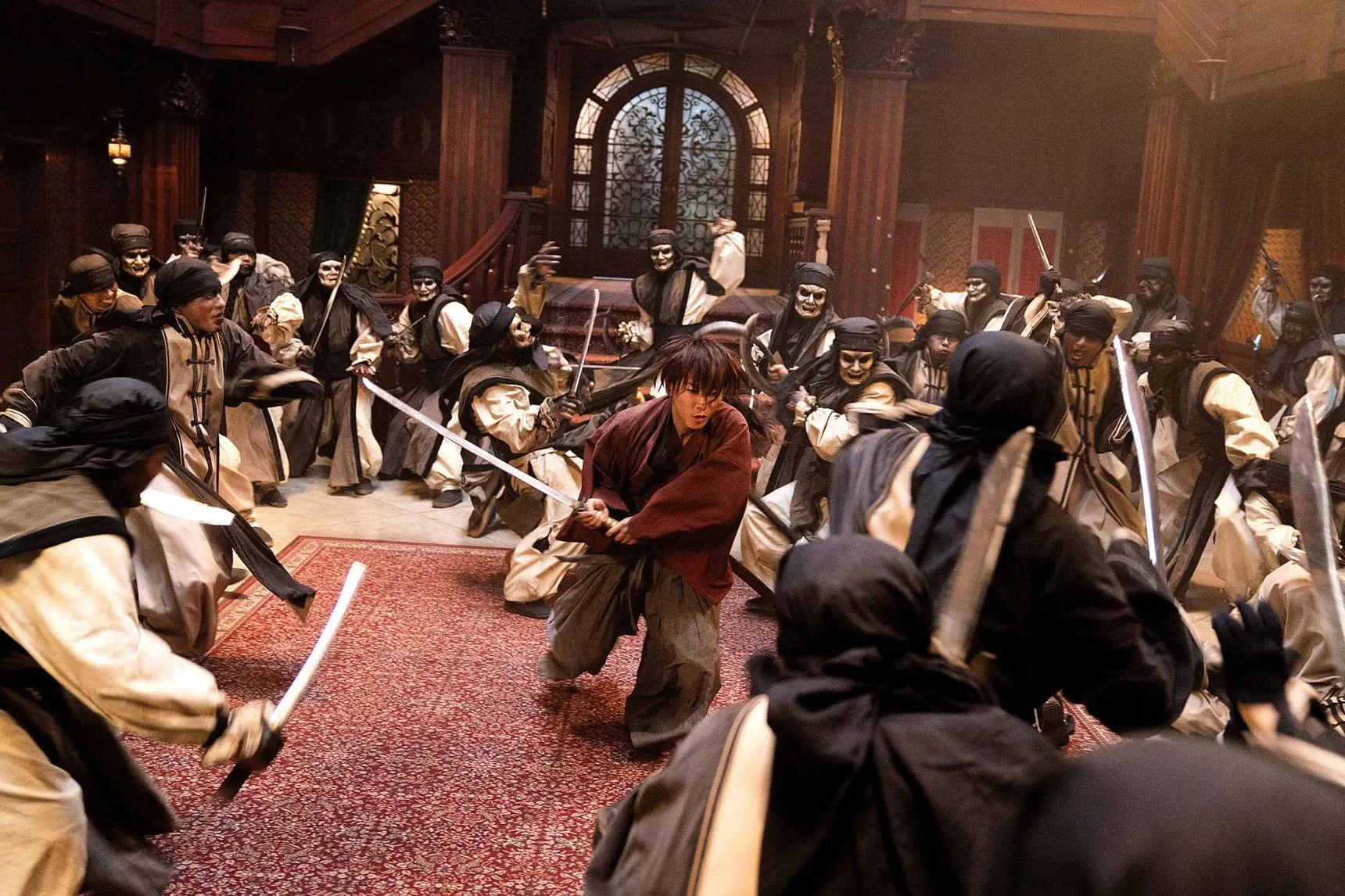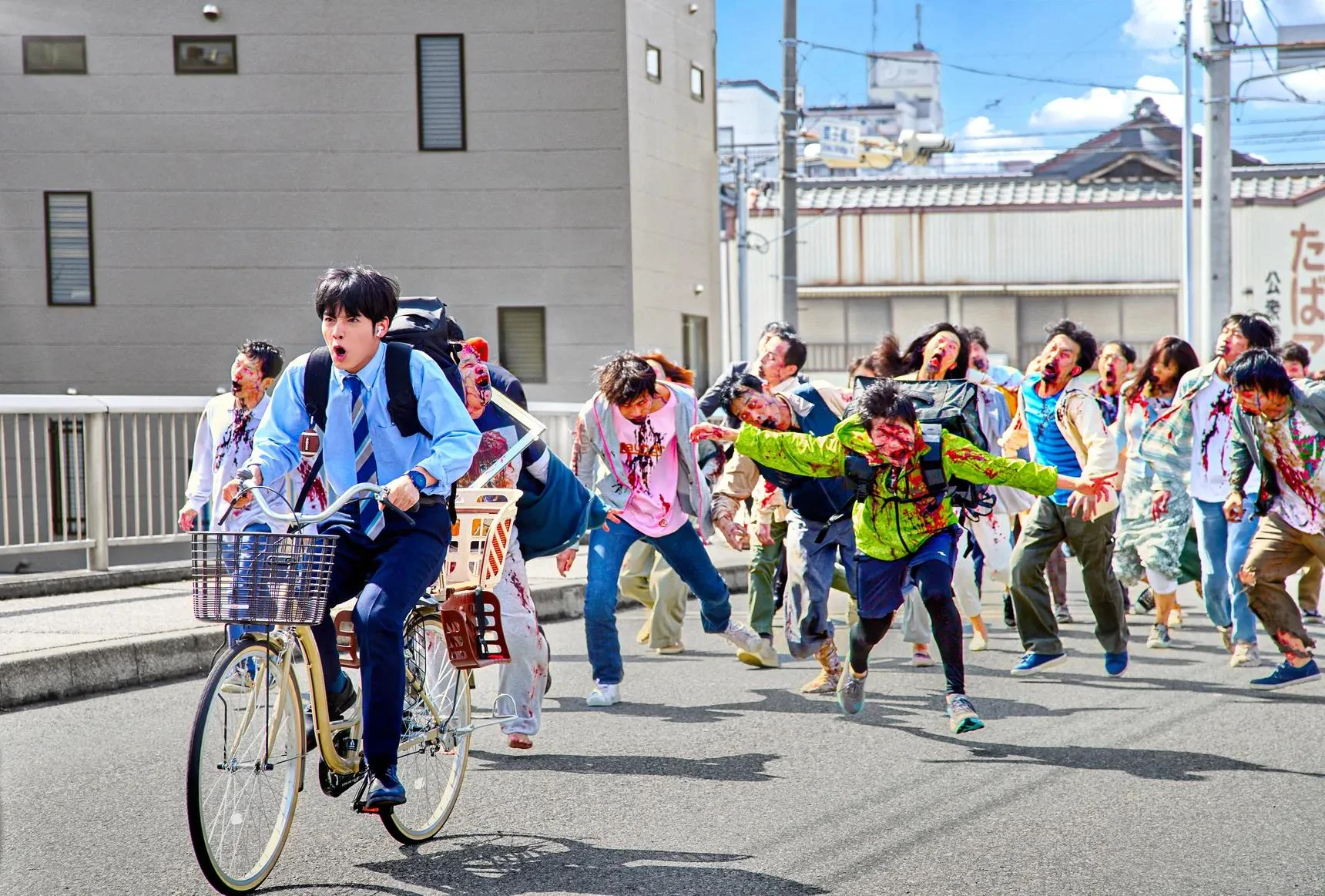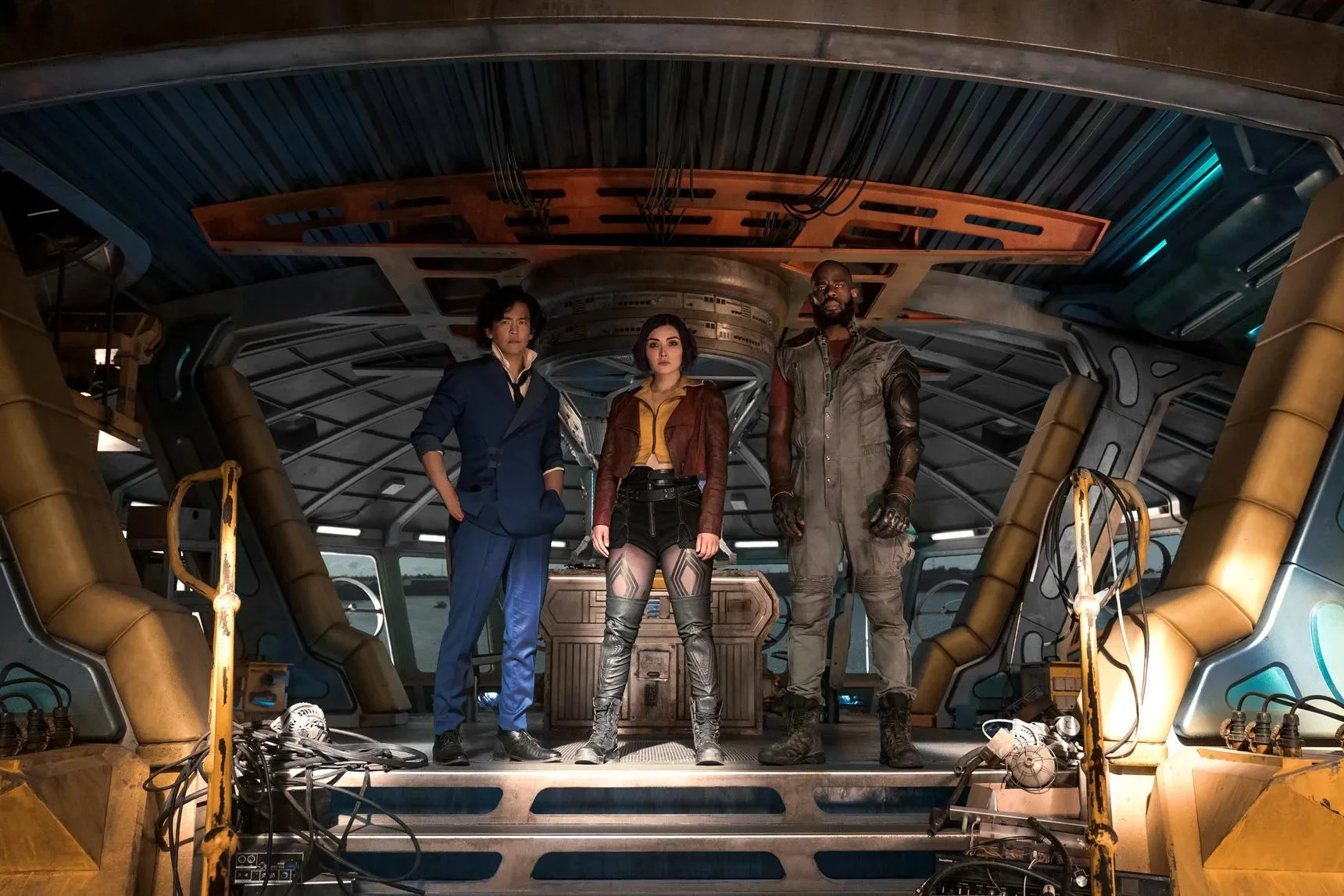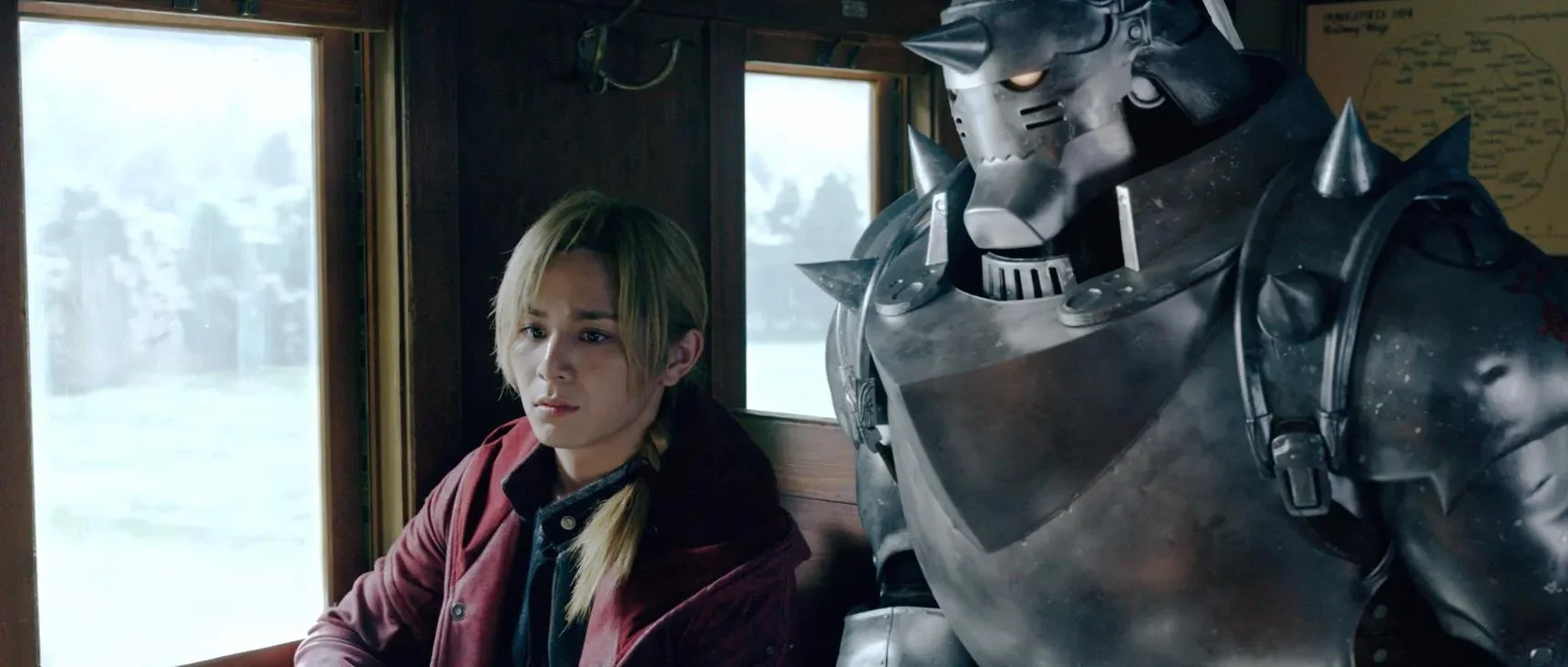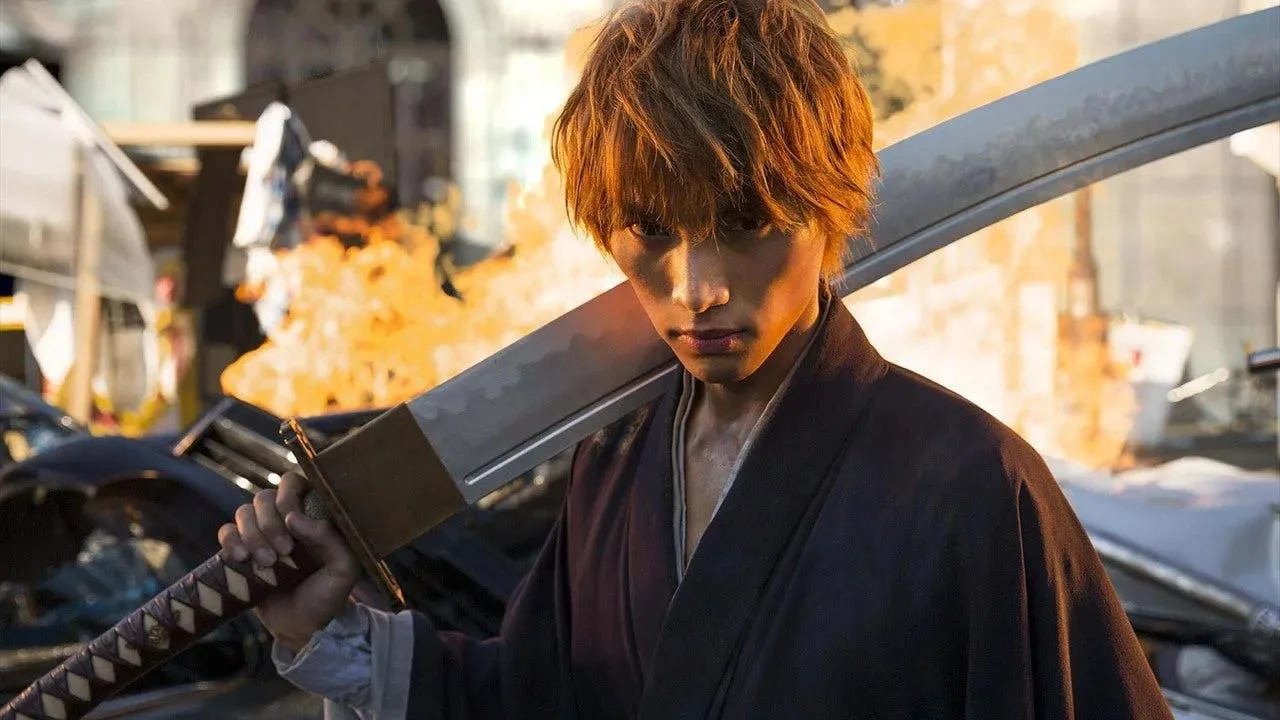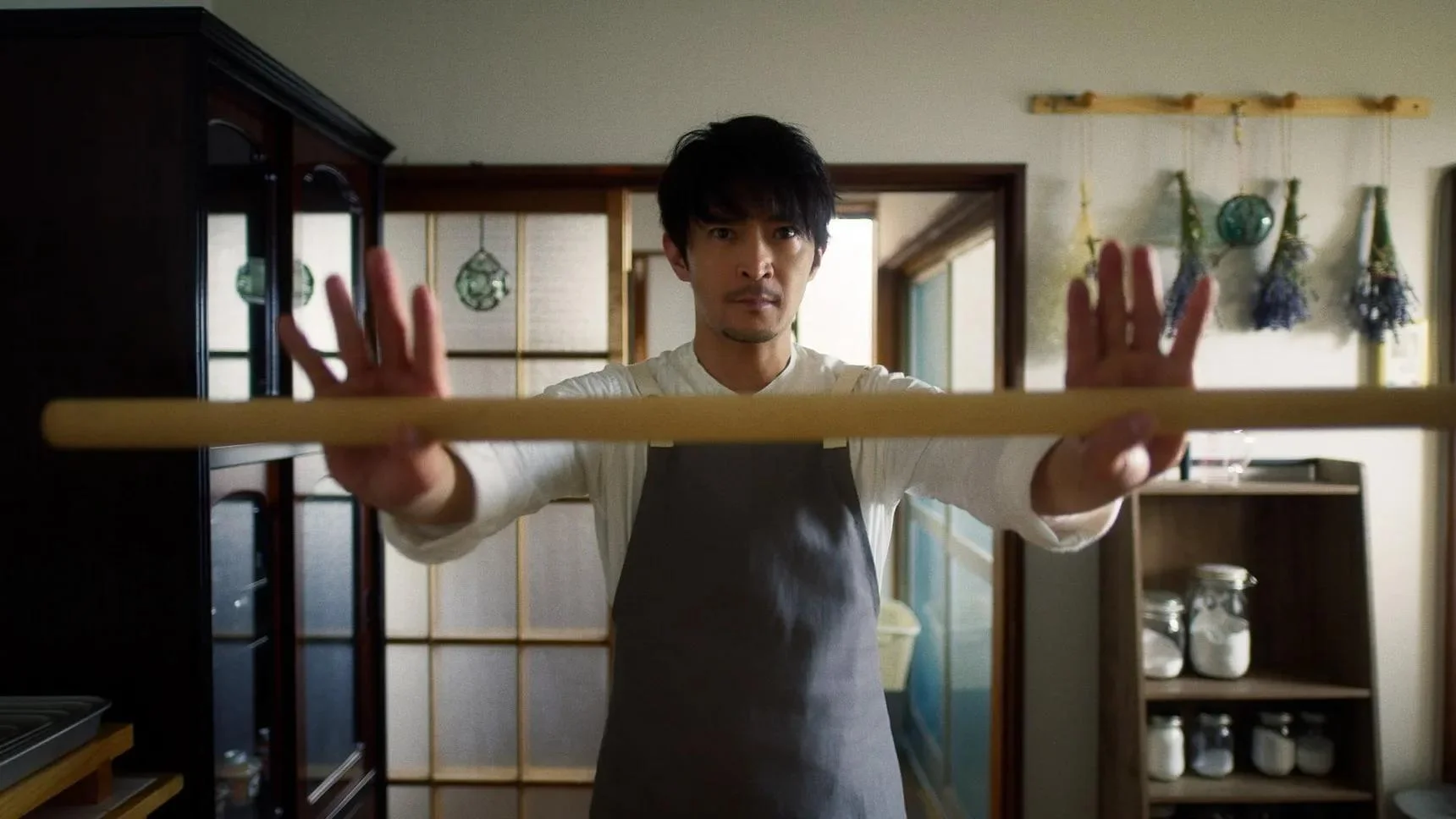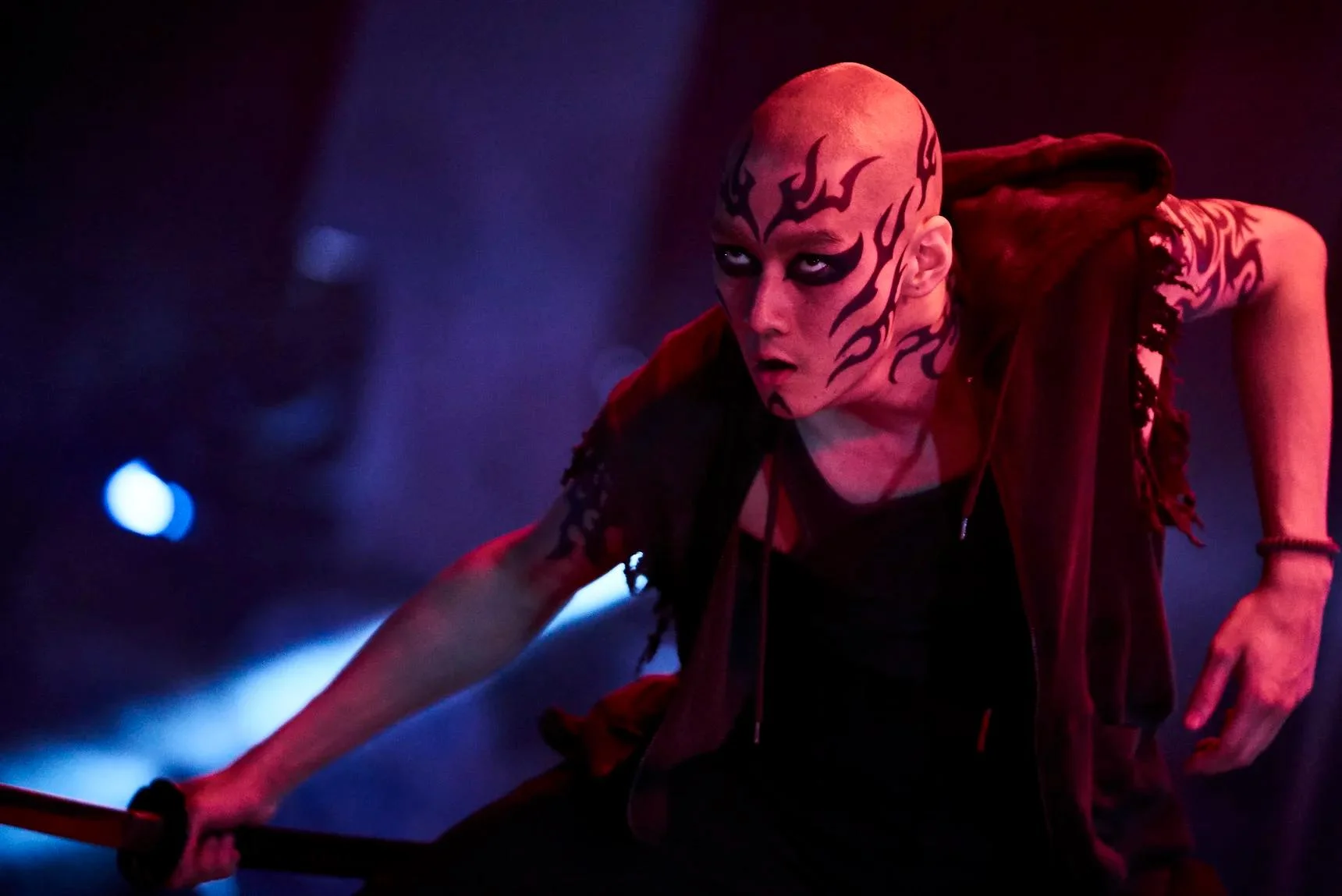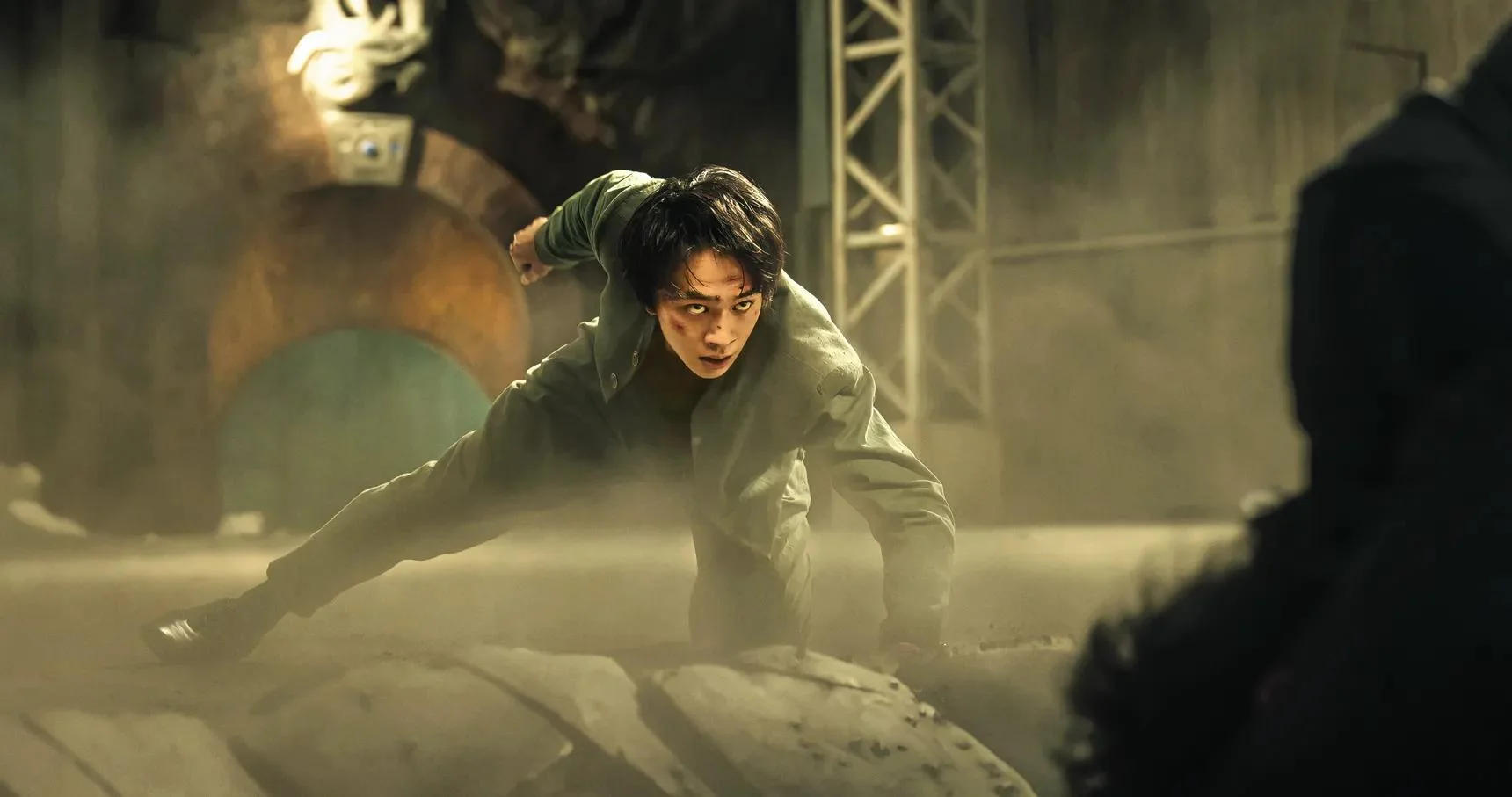Netflix’s journey with live-action adaptations of manga and anime has been a rollercoaster ride of hits and misses. With the platform’s recent success in adapting titles like “One Piece” and “Yu Yu Hakusho,” it’s clear that Netflix has made significant strides in this challenging endeavor. Let’s delve into the world of these adaptations, exploring the highs, the lows, and everything in between.
The Mixed Bag of Netflix Adaptations
The world of live-action adaptations is a tricky one, especially when it comes to beloved manga and anime series. Netflix’s approach to these adaptations has been a blend of reverence for the source material and bold creative choices, some of which have resonated with fans, while others have missed the mark.
Ranking Netflix’s Manga and Anime Adaptations
- “Rurouni Kenshin” Trilogy: Despite director Keishi Otomo’s efforts to bring the story’s intense battles to life, the adaptation struggles with character development and remains overshadowed by the controversy surrounding author Nobuhiro Watsuki.

- “Zom 100: Bucket List of the Dead”: This adaptation falls short of capturing the manga’s fun and energy, especially when compared to its anime counterpart.

- “Cowboy Bebop”: Perhaps the most infamous on this list, the adaptation of “Cowboy Bebop” struggled to capture the unique essence of the original anime, despite strong performances from actors like John Cho.

- “Death Note”: This adaptation faced criticism for its changes to key characters and story elements, leading to a lackluster reception despite some promising aspects.

- “Fullmetal Alchemist” Trilogy: While an enjoyable watch for fans of the manga, the trilogy barely scratches the surface of the series’ emotional depth and complex themes.

- “Kakegurui”: This series sticks closely to the manga, focusing on the high-stakes gambling world of a private academy. It’s an accessible watch but lacks the punch of its source material.

- “Bleach”: The live-action “Bleach” film captures the early charm of the manga, weaving its mythology into the story effectively but remains middling overall.

- “The Ingenuity of the Househusband”: A cute series of shorts that showcase a former yakuza boss handling domestic duties, it’s a pleasant watch but doesn’t directly adapt the manga.

- “Kingdom”: Director Shinsuke Sato’s take on “Kingdom” is a visual spectacle, focusing more on battle choreography and less on emotional depth.

- “Alice in Borderland”: A gripping survival series with minimal character development, “Alice in Borderland” excels in creating tension and suspense.

- “From Me to You”: This live-action adaptation doesn’t quite reach the heights of its manga source but manages to capture the warmth and charm of young love.

- “Yu Yu Hakusho”: While too short to cover all its source material, the series shines in its portrayal of the early episodes. The series adeptly handles genre shifts, although it falls short in developing emotional moments due to its brief duration.

- “One Piece”: Surprisingly, the live-action adaptation of “One Piece” stands out as one of Netflix’s more successful manga adaptations. It captures the spirit of the manga, thanks to its enthusiastic cast and impressive set designs. The show’s popularity even led to the greenlighting of a second season.

The Challenge of Adapting Beloved Series
Adapting manga and anime to live-action is a formidable task. It involves striking a delicate balance between staying true to the original material and making necessary adjustments for the different medium. Netflix’s mixed results in this area highlight the complexity of this challenge. While some adaptations have been well-received, others have struggled to capture the essence of their source material, leading to varying degrees of success.
Looking Ahead: The Future of Live-Action Adaptations on Netflix
As Netflix continues to explore the realm of live-action adaptations, it’s clear that this journey is one of experimentation and learning. With each new release, the platform is refining its approach, learning from both its triumphs and missteps. The future of these adaptations looks promising, with potential for even more sophisticated and faithful recreations of beloved manga and anime series.
In conclusion, Netflix’s foray into live-action adaptations of manga and anime is an evolving process, marked by both hits and misses. As the platform continues to navigate this challenging but exciting terrain, fans can look forward to more adaptations that hopefully capture the magic of their original manga and anime counterparts.



